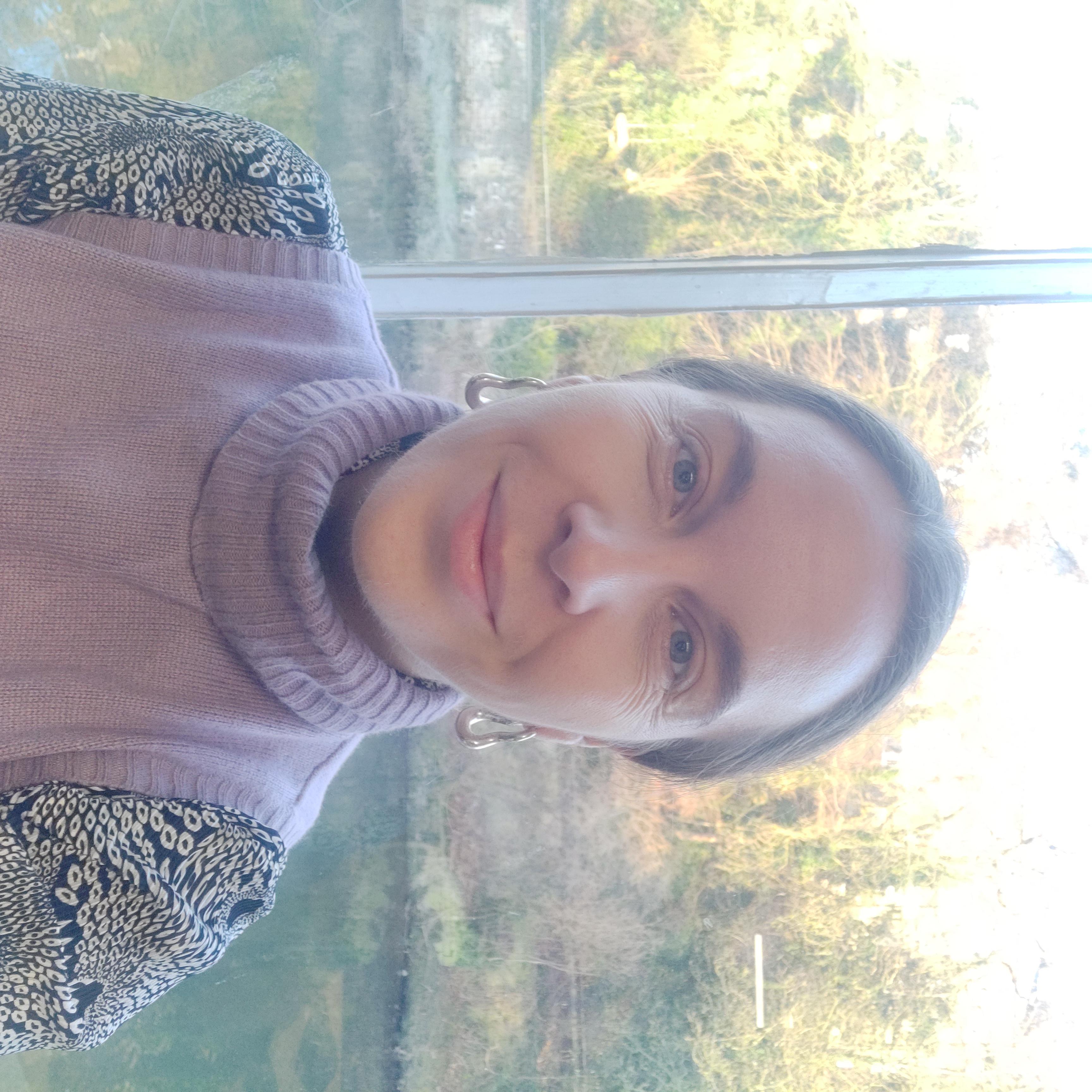Staff profile
Dr Rosalind Hayes
Career Development Fellow

| Affiliation |
|---|
| Career Development Fellow in the School of Modern Languages and Cultures |
Biography
I am a Career Development Fellow in Visual Studies conducting research about photography and animals. I also contribute to teaching across the Visual Studies and Film programme, and am a St Mary's College Early Career Fellow.
Before working at Durham, I taught at the University of Exeter and UCL, where I did my PhD. Between 2018-2024, I was also part of the teaching team for Art History Link-Up, a charity which runs art history courses for state-supported students across the UK. I have also worked at a number of arts organisations across the UK and in Europe.
My Research
My research is about the relationship between visual culture and animal history. The work I do tends to be interdisciplinary, and is generally motivated by questions about the use of animal materials in art, as well as the depiction of human-animal interactions from modernity to now. More broadly, I am interested in how fundamental the ‘species divide’ between humans and nonhumans was to European modernity and its visual manifestations. Furthermore, I am concerned with how the categories of ‘human’ and ‘nature’ are applied within Western traditions of knowledge production.
My current book project is titled The Creaturely Camera: Early British Photography's Animal Substances and Sitters, which explores how photographers’ experiments with nonhuman subjects and substances was fundamental to the medium’s burgeoning popularity, and in turn helped to redefine the modern categorisation of ‘animal’ for British audiences during the Victorian and Edwardian periods. A new and distinctly modern animalian taxonomy comprising ‘pets’, ‘edible’, ‘wildlife’, and ‘endangered’ species came into focus in front of the Victorian and Edwardian camera lens. The book will also include a discursive compendium of all the raw animal materials used to produce, circulate and socialise the medium. Historical photography archives reveal how our contemporary anthropocentric relationship with other species found popular expression for the first time in the nineteenth and early twentieth centuries, a recognition which poses urgent questions, in the current context of mass extinction, about how and why these animals came to represent humans’ modern relationship with nature.
Research interests
- Art history and visual culture
- Photography
- Print culture
- Animal history
- Materiality and media
- Animal-derived materials
- History and theory of meat eating
- Modern British history
Publications
Book review
- Colour MattersHayes, R. (2024). Colour Matters. Oxford Art Journal, 47(2), 324-327. https://doi.org/10.1093/oxartj/kcae020
Chapter in book
- Photography Needs Animals: Materials, Processes, and the Colonial Supply Chains of Gelatine Dry PlatesHayes, R. (2025). Photography Needs Animals: Materials, Processes, and the Colonial Supply Chains of Gelatine Dry Plates. In D. Harkett & K. Hornstein (Eds.), Animal Modernities: Images, Objects, Histories (pp. 51-66). Leuven University Press. https://doi.org/10.2307/jj.23212025.7

